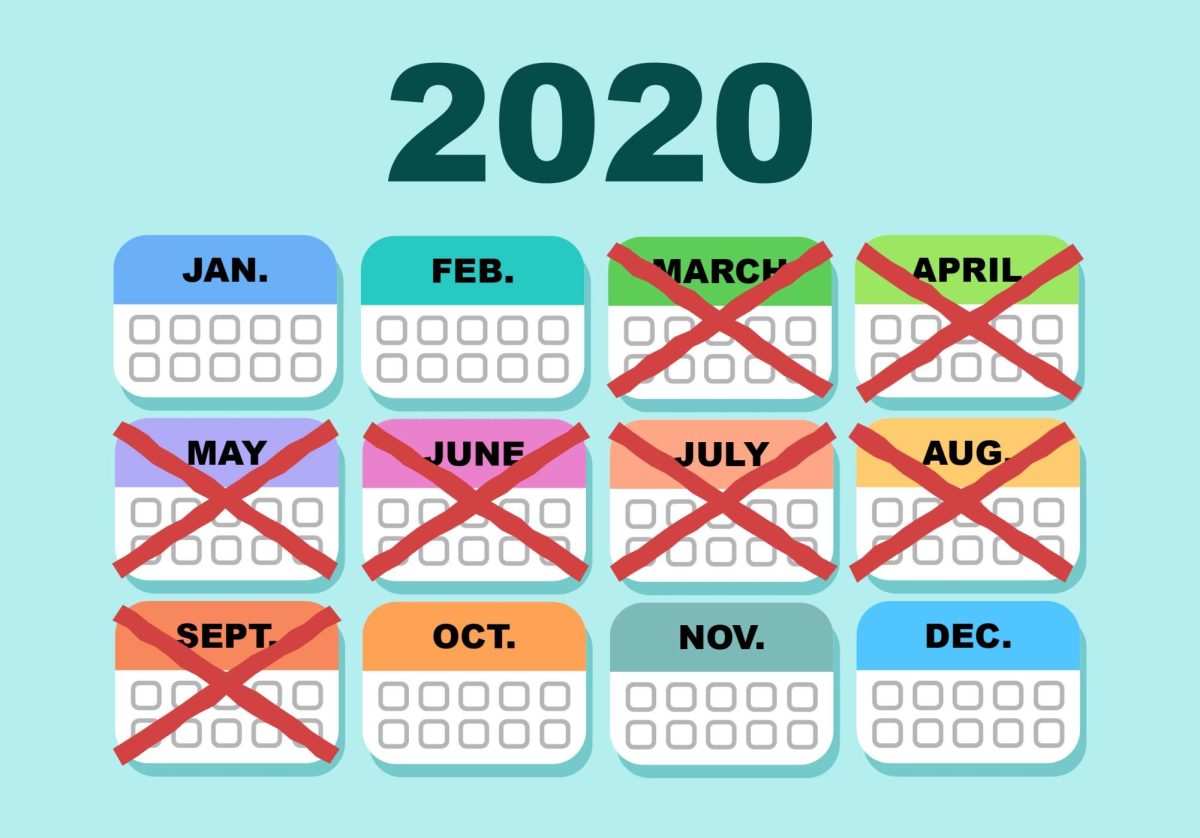First of all, let me welcome each and every one of our new, continuing and graduating 53,000 member undergraduate and graduate student-body populations.
I must admit that I love this time of year here at the University’s Twin Cities’ campus, because it is once again time to explore, learn, make new and renew old friendships.
It is a time to succeed, excel and perhaps also learn how to deal with certain kinds of frustrations, and yes, even failure. But, because I happen to be a 40-year-old undergraduate student who is attempting his third shot at obtaining that all-important preverbal “brass ring” known as the undergraduate college degree, I can tell you that I have had my share of both triumph and tragedy to deal with.
As I have gotten (hopefully) wiser and not just older, (my first attempt at college was here back in 1985-87), I have found that my capacity to give unsolicited advice has increased quite a bit, while my tolerance level for things I don’t either like or that I completely disagree with has slowly, but significantly decreased.
I will always defend a person’s right to speak his or her mind, to believe what, and how he or she wants; I just know now that I really don’t have to listen to it if I don’t want too. So it is with this thought in mind that I would like to give some time-tested college-veteran advice and those that can use it great, and if not, well you know the rest.
(1.) Study, study, study!
This first one seems obvious, but you would be surprised how many of us are easily distracted by cellular phones, computers, iPods, X-Box, PS3, cable TV, movies, girlfriends, boyfriends, friends with benefits, parties, student groups, football games, basketball games, hockey games and, yes, even wrestling. My advice: Keep your eye on the prize.
(2.) Don’t get too caught up in all of the many extra-curricular activities.
You want your college experience to be a well-rounded and balanced one, but what if you have an issue concerning what you should do, study or something else? My advice, see item number one. Degree first.
(3.) Don’t take on too much major credit card debt.
Like a moth to the flame, credit cards can burn you if you’re not careful. In 1991, (my second attempt at graduating, this time from The George Washington University: 1991-1994) I can remember the plethora of credit card companies that inundated the campus a minimum of twice a year.
Thankfully, I have yet to see this at this University, but I do remember the years of credit trouble many of my friends had to deal with due to some very unwise overspending with credit cards in college. My advice: Stay on a low-calorie credit card diet and instead of over-indulging in unneeded spending, concentrate on repaying student loans, or put money into savings.
(4.) Take your required semesters of a foreign language very seriously.
In today’s ever-shrinking world, we all find ourselves having to deal with many people who speak languages other than English (even in our own country).
What better way to learn about another culture than by showing a friend from another country how much you respect and value them, or enhance your own marketability in the workplace by having another language in your repertoire. My advice: Having the ability to speak, write and understand another language is like having great credit, you should make an effort to get it.
(5.) Consider enrolling in a study-abroad program.
The current trend toward globalization is impacting the world in new and exciting ways. China and India have the fastest growing economies in the world and are currently challenging the United States in various markets all over the globe.
In addition, rapid political and economic changes are taking place both north and south of our borders.
Fortunately or unfortunately, depending on your particular point of view, the effects of globalization are going to have an impact on us all. And, wouldn’t it have been nice to be able to take advantage of that calendar year, academic year, semester or summer study-abroad program when you have the chance; then you will have contacts in the country that your firm is currently doing business in.
My advice: Couple the language piece with the study abroad-program and immerse yourself in a foreign culture. Trust me; you will be glad you did.
(6.) Volunteer your talent and time.
As a student your time is a very valuable commodity, one that cannot be misused or disrespected. Having said that, some of the best memories and most cherished times I have spent in my life thus far have actually come from various volunteer duties and activities.
Whether it was escorting an elderly veteran patient at the VA hospital in Minneapolis, playing board games with a cancer-sickened child at Chicago’s Children’s Hospital, helping to run a bingo game for hospitalized veterans at the VA hospital in New Orleans or helping parishioners board up their church before Hurricane Katrina, I have without a doubt met some of the best people in my life doing volunteer work. My advice: Give, and it shall be given unto you.
(7.) Explore your surroundings beyond the campus walls.
As a former resident assistant at The George Washington University, one of the things I used to dislike the most was when students who lived in one of the most culturally diverse and interesting of American cities (not to mention our nation’s capital) complained that there was absolutely nothing for them to do. So I would ask had they been to Adams Morgan for a meal, gone to a jazz club off of U Street, or got in their car and drove the 45 minutes to Baltimore to check out the inner harbor or in the opposite direction to Old Town, Virginia.
In the case of Minneapolis and St. Paul, we have two very unique and vibrant places to explore. Not to mention we are in the “Land of 10,000 Lakes.” We have an exciting culture and nightlife with plenty to do and see. My advice: Check out Stillwater and the St. Croix River. Stroll down to the Mississippi and check out the River Place, or catch the bus and do some shopping in Uptown. Perhaps enjoy a leisurely drive to Rochester or Duluth (which coincidently lie in the opposite direction).
But whatever you do, please don’t forget what you have come for and ultimately why you are here.
Paul Edward Hamilton welcomes comments at phamilton@mndaily.com.







